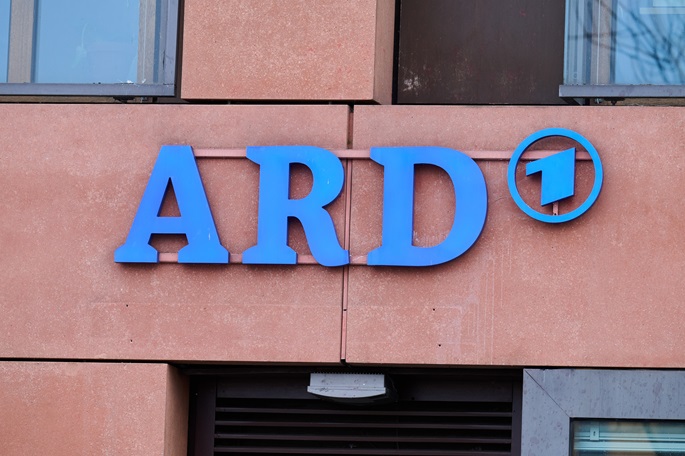Moscow expels 2 German ARD employees
Published : 27 Nov 2024, 22:37
Russia is expelling two staff members from German public broadcaster ARD, a regional branch of the broadcaster confirmed on Wednesday, reported dpa.
The WDR, which is responsible for covering Russia for the ARD broadcasting network, confirmed that two ARD employees - a correspondent and a technician - must return their accreditation and leave Russia by December 16.
The spokeswoman for the Russian Foreign Ministry, Maria Zakharova, stated that the move was in response to the expulsion of correspondents from Russian state television by German authorities.
The German Foreign Office in Berlin denounced the move even before official confirmation from Russian authorities: "If these reports are confirmed, we would reject them in the strongest possible terms. This is out of all proportion."
A Foreign Office spokesman said Russia's harsh treatment of journalists - particularly the domestic Russian press, but also foreign correspondents - is a matter of great concern.
He also denied the Russian Foreign Ministry's claims that Russian television correspondents had been expelled from the country, and said that Russian journalists could report free and unhindered in Germany.
"The Russian allegations are false. The German government has not closed the office of this broadcaster," a Foreign Office spokesman said.
The denial of residency permits to specific Russian journalists may be the issue, the spokesman acknowledged, but he stressed that local authorities in Germany's 16 federal states make decisions on such matters.
Residency permits denied
Immigration authorities in Berlin confirmed to dpa that four journalists from various Russian media outlets, as well as the wife of one of the journalists, had been denied residency permits.
The agency cited the involvement of Russian media in spreading misinformation and propaganda to discredit Germany and the European Union, and also cited EU sanctions in making the decision.
In some of the cases, legal proceedings over the residency permits reportedly remain open.
In response, German government spokesman Steffen Hebestreit said: "If you don't meet the requirements of residence law, then it doesn't help to work as a journalist."
The Russian state TV station 1. Kanal had previously claimed that it had been ordered authorities in Berlin to close its office in Berlin, allegedly because the Russian broadcaster was viewed as a threat to national security in Germany.
However, it was unclear from the report what document the broadcaster was allegedly citing. Two 1. Kanal employees - correspondent Ivan Blagoi and cameraman Dmitry Volkov - are expected to leave Germany by mid-December.
Blagoi suggested that the denial of his residency permit was connected to a news report he did on a German citizen who was recently arrested in the Russian exclave of Kaliningrad by the Russian secret service FSB on allegations of sabotage.
However, he also acknowledged that cameraman Volkov had already had problems with his visa extension last winter.
Tougher conditions in Moscow
Russia has made the work of foreign journalists much more difficult since the start of Russia's full-scale invasion of Ukraine in February 2022.
Foreign correspondents from countries designated by Russia as "unfriendly" are now only issued required press accreditations for three months, instaed of one year.
The dangers of reporting have also increased. A correspondent for the Wall Street Journal newspaper, Evan Gershkovich, was arrested by the FSB during a reporting trip in March 2023 on allegations of espionage.
He was held in jail for more than a year, convicted and sentenced to 16 years in prison before being freed in a major prison exchange deal on August 1.
Shortly before the war, the Russian authorities had already closed German state broadcaster Deutsche Welle's bureau in Moscow.
The Russian government justified the closure as a response to an earlier decision by German authorities to deny a broadcasting license to Russian state broadcaster RT's German-language channel.
(By André Ballin, Anna Ringle and Martina Herzog, dpa)


